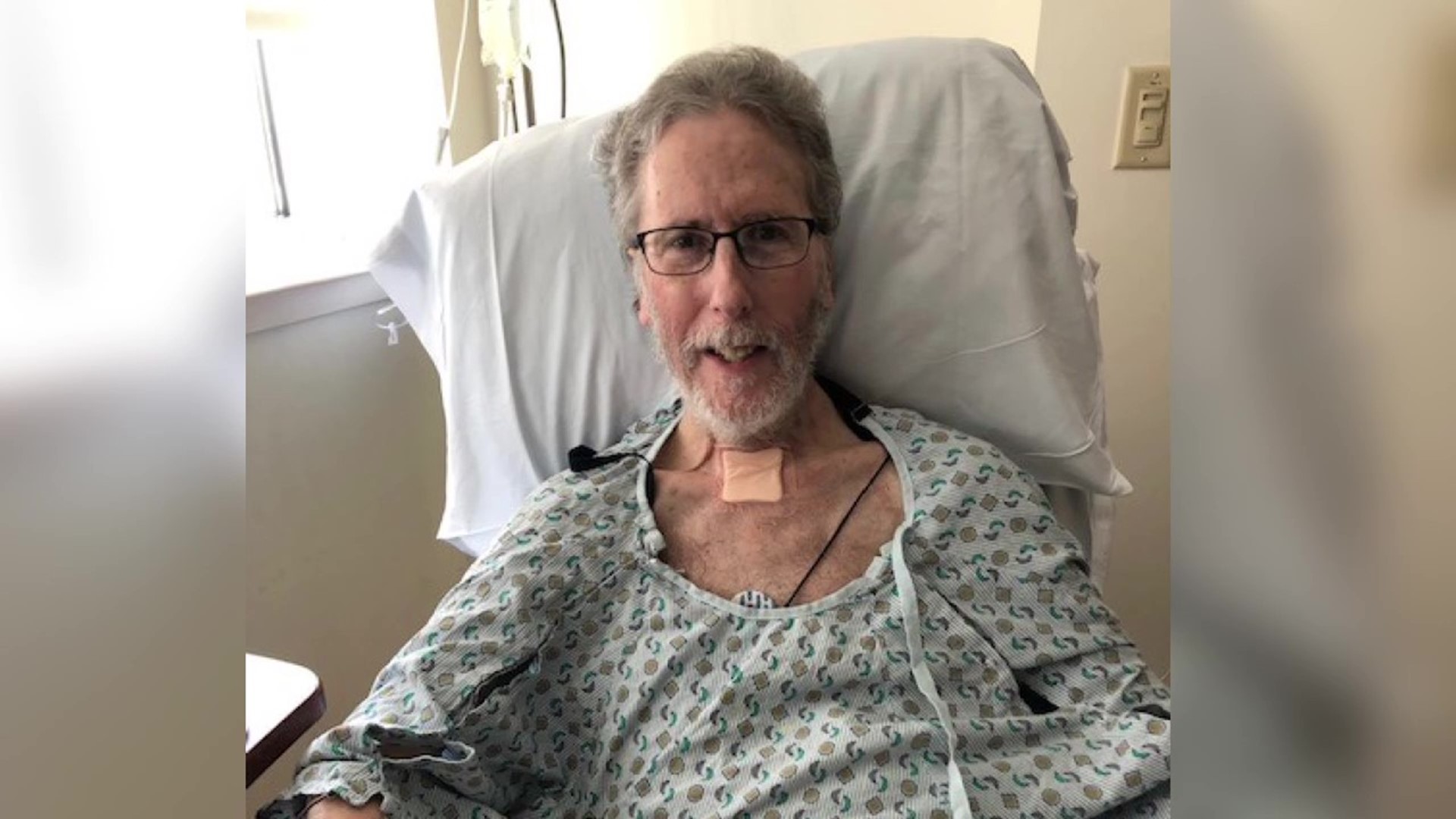YORK, Pa. — "I have some limitations that I wouldn’t have otherwise, and it’s hard to live with that," said Barry Stein, one of the first people in Dauphin County to be diagnosed with COVID-19.
Stein was diagnosed in March 2020.
He was at the hospital for 14 weeks, the first six of which were in the ICU on a ventilator.
“Life was in the balance quite honestly," he recalls. "The docs when I wasn’t improving on the ventilator, within the first couple of weeks, were thinking of taking me off the ventilator."
Thankfully, Stein got better over time until he was able to transfer to inpatient rehabilitation to begin the recovery process.
“I had to learn to walk again," he says. "I had to learn to learn to swallow. I couldn’t eat."
But Stein is also dealing with another issue that still lingers a year after being diagnosed: Covid-19 symptoms.
“I tend to be quite tired," he says. "I can’t do as much as I used to without sitting down, resting. My endurance and balance are two other big challenges."
One in three patients like Stein experience symptoms of COVID-19 between three and six months after getting the virus, according to a new study of COVID-19 Long Haulers.
The symptoms were more frequent among people who had been previously hospitalized with the virus.
It also said that older people and men had more breathing difficulties and cognitive problems.
Stein says it’s frustrating to still have to deal with these symptoms, but adds that he’s more grateful to be alive.
“I'll take this any day over being immobile and confined to a hospital, living on life support," he says. "This is part of why I'm so optimistic, because I see how far I’ve come."

